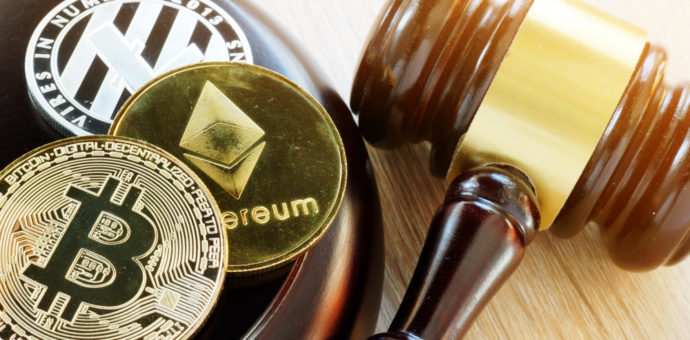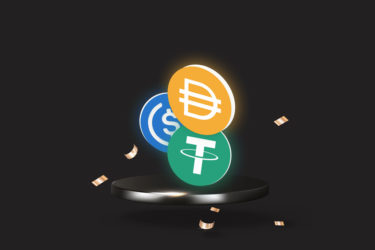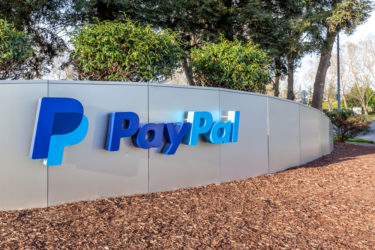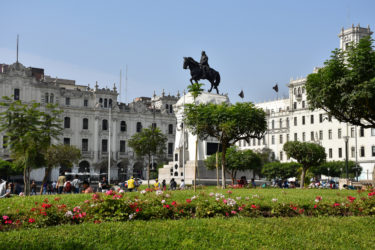Facebook’s project to create its stablecoin, Libra, ran into a new obstacle to get off the ground: a G7 communiqué. It is the group of the world’s wealthiest countries: United States, Canada, Japan, Germany, France, Italy, and Great Britain. At a meeting this month, ministers of the economy and representatives of the central banks of the G7 nations said stablecoins should only start operating when there are appropriate laws.
The rules are necessary for digital payment systems to develop their full potential. The list should include, for example, efficiency improvement and access to financial services and to reduce costs compared to current methods. This is what the joint document released after the meeting says.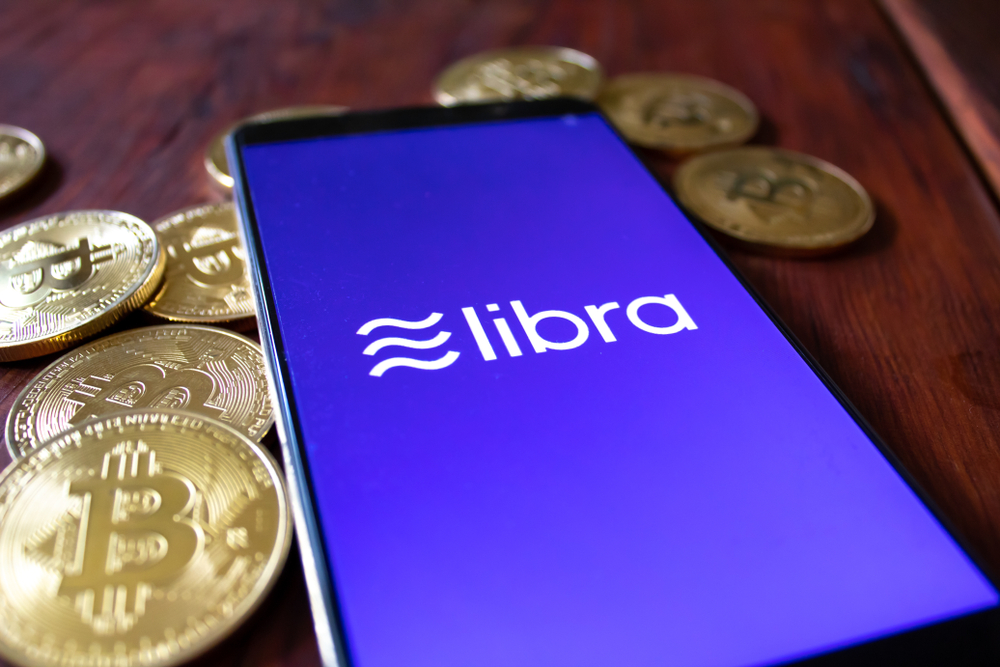 The assessment is that stablecoins could be used without due supervision, for example, to launder money and finance terrorist groups. Moreover, without regulation, digital payment services can compromise financial stability. According to the document, consumer privacy would also be at risk and the protection of their rights and tax collection.
The assessment is that stablecoins could be used without due supervision, for example, to launder money and finance terrorist groups. Moreover, without regulation, digital payment services can compromise financial stability. According to the document, consumer privacy would also be at risk and the protection of their rights and tax collection.
G7 had already spoken of stablecoins
“The G7 continues to defend that no global stablecoin project should start operations until it adequately handles the relevant legal regulatory and supervisory requirements”, the text says. Still, according to the document, this would be done through a unique design for the segment.
Stablecoins are digital coins that have ballast in some asset, such as a national currency. Therefore, its price is more stable than that of ordinary digital currencies. Thus, they protect the investor from the variation of value common to crypto assets.
It is not the first time that a G7 note represents a hindrance to Facebook’s Libra. In 2019, the group said it was necessary to assess all the risks of stablecoins before allowing them to be created, according to Reuters.

